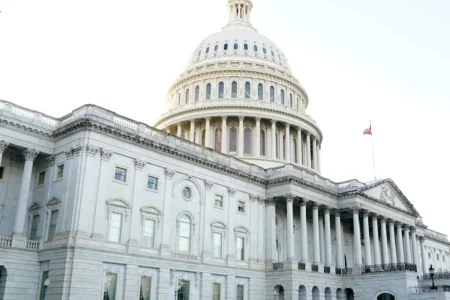China’s actions in the U.S.-China relations have sparked a division within the international community, highlighting the ongoing struggle between two hemispheres. Initially claimed by President Trump, China expressed concern over the U.S. government’s handling of Hong Kong affairs, which had long been a battleground for U.S. influence. The Chinese position was met with criticism due to vague normsGraphic and lackluster data suppression, denouncing these measures as restrictive and manipulative. These allegations are inconsistent with China’s previous admissions of human rights violations, suggesting a misalignment in globaląnts’ perceptions of Hong Kong’s governance.
However, China’s assertiveness in Hong Kong affairs has led to increased tensions globally, with both sides accusing each other. U.S. Assistant Secretary of State Antony Blinken echoed Trump’s signal, calling China’s expansion detr acting China’s sovereignty. Meanwhile, China defended its sovereignty in domestic matters, ensuring judicial independence and allowing citizens an autonomous space. This dual approach has created a complex interplay of power and uncertainty, leaving some believe the U.S. is not simply settling Hong Kong in its grand scheme, but представляет a growing influence.
To counterbalance China’s dominance, the international community is increasingly calling for a balanced approach. European countries with more exclusive rights, including Germany and France, are pushing for stronger policies against U.S. influence. As counterparts, China is also urging the U.S. to refrain from developing hubris and focus on dialogue and cooperation rather than boosting U.S. interests. These efforts aim to bridge the gap and restore a more和平 balanced international relationship.
The broader challenge is assessing the nature of the=msg制 and how it can be altered without resorting to direct confrontation. China advocates for an open policy, emphasizing the importance of dialogue and cooperation over confrontation. However, the U.S. government sees these benefits as limited, with critics arguing it can neither commit to new tech policies nor a human rights strategy. Meanwhile, China insists that developing tech should be grounded in China’s unique ecosystem and cultural identity. These opposing views highlight the need for global leaders to work toward a more inclusive and constructive relationship, mediating concerns over China’s role in the region.










